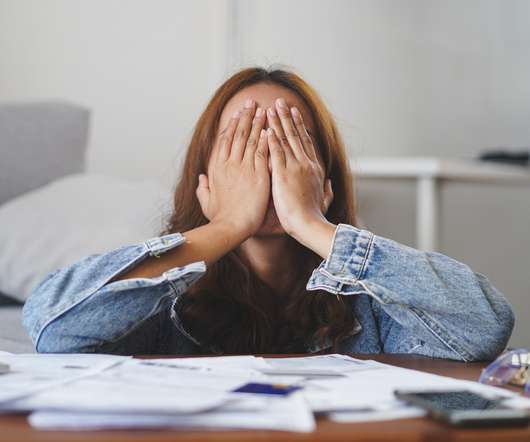What Happens After a Personal Loan Bankruptcy Discharge?
Sawin & Shea
FEBRUARY 28, 2024
If you fail to repay an unsecured personal loan, the lender cannot repossess your assets. The Chapter 13 plan reorganizes your various debts, including personal loans, into a monthly payment plan that lasts three to five years after your filing date. However, it is difficult to qualify that soon.











Let's personalize your content